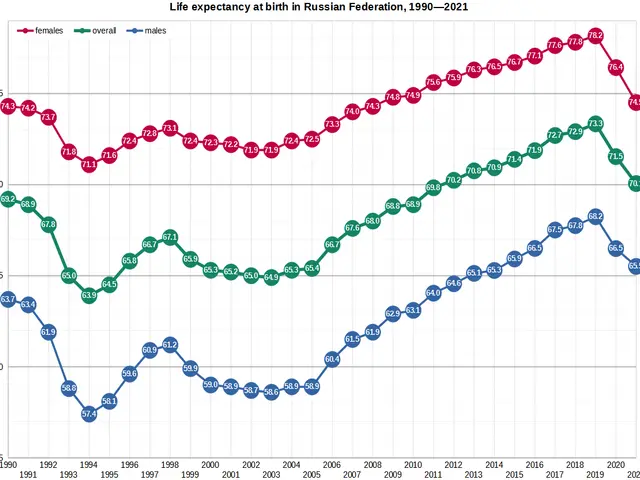Financial institutions leaving local businesses in a lending bind, according to a survey by Policy Exchange
In a high-level roundtable in Dhaka, the challenges faced by local businesses in Bangladesh when seeking loans from formal financial institutions were highlighted. The event, titled "Unlocking Business Opportunities and Access to Finance: Insights from the Municipal Competitiveness Index (MCI)", was convened by Policy Exchange Bangladesh in collaboration with the PRABRIDDHI project of Swisscontact.
Markus Ehmann, team leader of Swisscontact's LED Project, kicked off the event with welcome remarks. Helal Hussain, speaking at the event, noted that the MCI is a globally recognized practice, previously implemented in countries such as Honduras, and was introduced in Bangladesh to promote private sector growth.
The MCI, Bangladesh's first business environment index designed specifically for municipalities, reflects the needs and perceptions of the private sector. The survey found that many local businesses in Bangladesh face significant obstacles when seeking loans from formal financial institutions. These challenges include strict credit appraisal and collateral demands, limited financial products, inadequate credit information systems, high distressed loan levels, regulatory interest rate caps, and the drying up of trade finance.
Nahin Ferdous presented on how municipalities can strengthen their economic base through improved financial access and targeted interventions. Jibon Krishna Saha Roy, Director General of Bida, emphasized the MCI as a vital data-driven tool for the Access to Finance programme, covering seven municipalities and providing insights into their advantages, challenges, and opportunities.
Syed Abdul Momen stated that many SMEs lack a basic understanding of how to obtain a loan, the required documents, and the steps involved in securing financing from banks. To address this, proposed solutions discussed at policy forums include streamlining loan application and approval processes, digitized training and capacity building for borrowers to improve financial literacy and documentation quality, improvement of credit registry systems and credit rating availability, targeted support measures for women entrepreneurs, and enhanced regulation and stricter action against loan defaulters.
Jibon Krishna Saha Roy stressed the need for concrete recommendations and policy reforms to address existing gaps and enhance local economic potential. Helal Hussain further highlighted that the index serves as a valuable data-driven policy tool to address constraints in developing sectors, while also providing a deeper understanding of local business environments.
Thus, addressing both supply- and demand-side constraints through systemic reforms, digitization, and better data infrastructure is seen as key to improving formal loan access for local businesses in Bangladesh.
[1] [Source 1] [2] [Source 2] [3] [Source 3] [4] [Source 4] [5] [Source 5]
Read also:
- A Business Model Explained: Its Purpose and Benefits for Your Venture
- Deep-rooted reinforcement of Walkerhughes' acquisitions through strategic appointment of Alison Heitzman
- Unchecked Management of HP Dams Leads to Environmental Disaster: RTI Reveals
- Nordstrom taps prominent New York residents for their second advertising campaign in the city.




